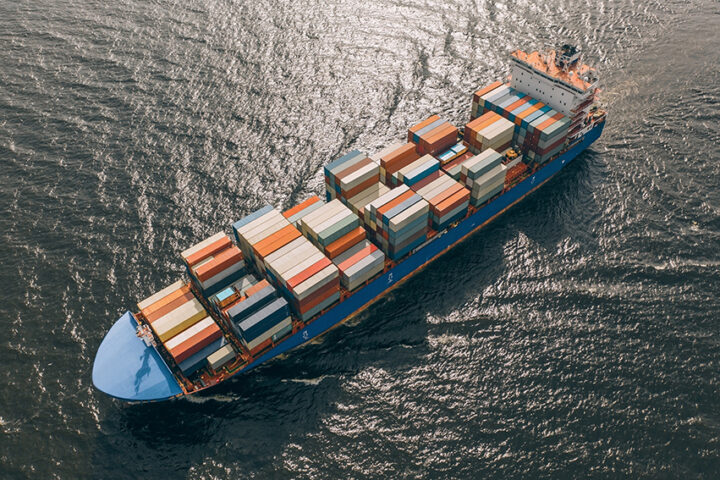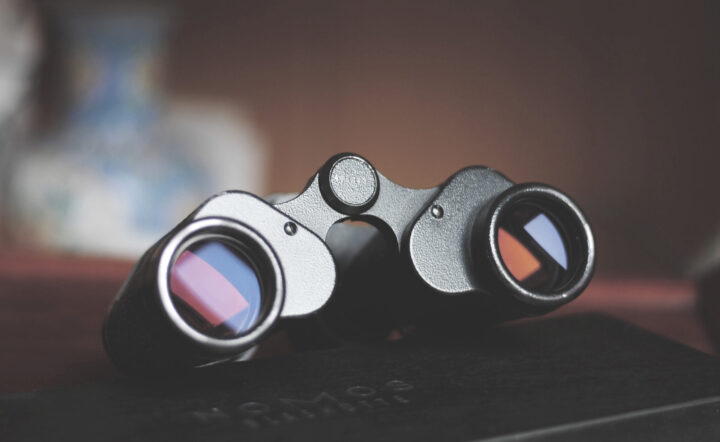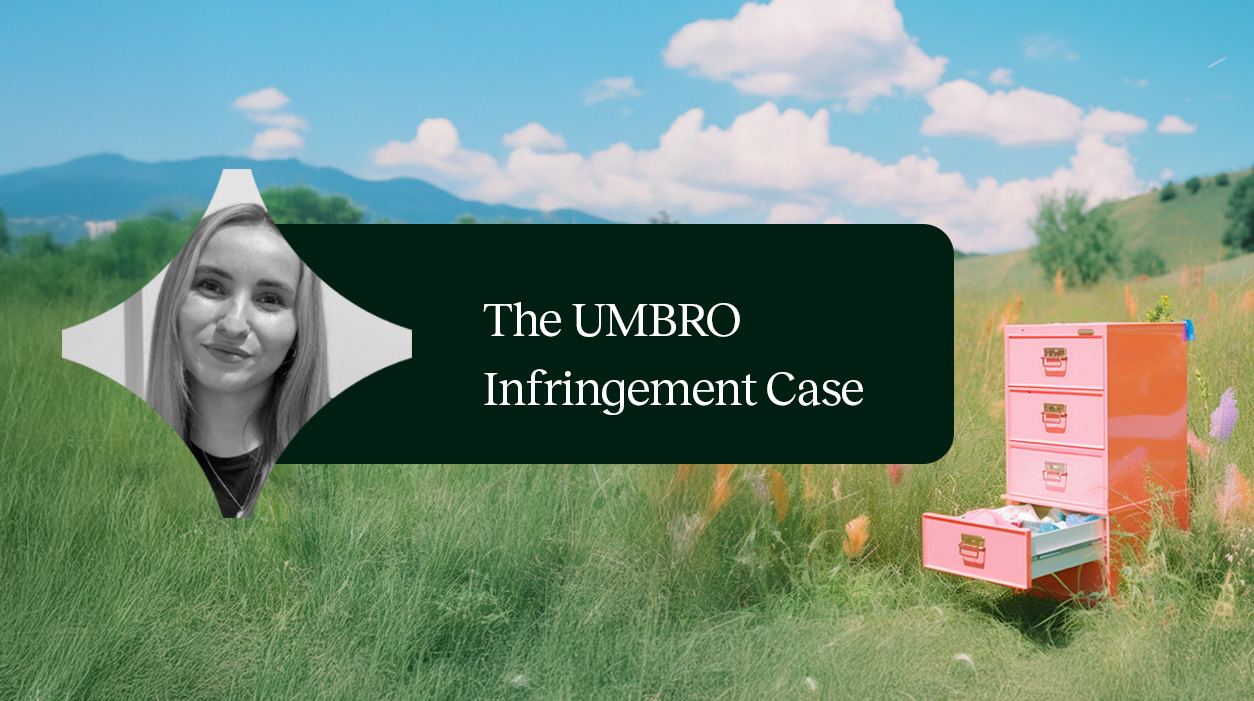
Fraud and intrusions: Counterfeiting
Counterfeiting
Discover what intellectual property theft means for your business and how we can help protect against counterfeiting.
What is counterfeiting and how do you protect against It?
Counterfeiting is one of many forms of modern-day piracy. It knows no bounds, being present both in the real world and the digital one, and involves the imitation of genuine goods, on occasion, even the outright theft of intellectual property. This scourge can wreak havoc on any business - irrespective of its size.
How does counterfeiting work?
What is counterfeiting but the imitation of a genuine product? There isn’t one specific type of counterfeiting practice deployed. What is a forgery compared to, say, intellectual property theft? Forgery is the act of producing a “replica”, an imitation product, and when we discuss forgery, we’re often referring to money.
By contrast, intellectual property theft might mean that a rival has hijacked your idea and is developing their own cheaper, imitation version of your product. It may also mean that a rogue trader (or a person) has copied your product and made it available online for free, cutting off any revenue you would legally be owed for selling your product. While quite different in terms of how they work, they are both commonplace examples of counterfeiting.
Counterfeit products are everywhere
You don’t have to look hard to find counterfeit products, such is the enormity of the industry. Physical markets may be littered with fake clothes that may have conveniently “fallen off the back of a lorry”, whether the trader knows it or not. If you’re old enough, most of you will remember someone who had the latest bootleg DVDs and CDs, ripped and copied straight to a blank disk which they sold for far less than the original.
You can also find counterfeit products online. Counterfeit cosmetics are regularly sold on offshore websites, and it is rare for Swedish consumers to be satisfied with the product that arrives. You’re no doubt aware of movie and music piracy, too. You can go back to the days of dodgy DVDs and P2P platforms such as Kazaa and Napster, modern torrent sites like Kat.Ph or The Pirate Bay, direct download services like Mega, or even Google Drive; counterfeit, stolen, imitation and bootlegged products are and always have been widely available, and often freely so.
Counting the costs of counterfeiting
Some consumers may find it rather convenient to snap up the latest episode of their favourite television show, a cracked copy of your company’s software, or a knock-off, imitation shirt for peanuts. However, there are real economic consequences to counterfeiting, and we should not underestimate those.
Counterfeiting and bootlegging involves the breach of copyright, deliberate imitation and theft of a design, ignorance of a trade mark, or copying a patent. Whether an individual or entity creates replicas and counterfeit products for financial gain or for free isn’t going to be of paramount importance to your business. The damage has been done all the same.
Economically, counterfeiting will be damaging for your enterprise. The loss of revenue your company faces, the chunk of change that won’t arrive at the Swedish Tax Office because it is lost in the black market is just the start. Things can get worse. An epidemic of counterfeiting can lead to job losses and even a loss of life in extreme cases.
One of the hallmarks of counterfeit goods is that they are often poorly constructed. Cheaply designed e-cigarettes come with profound health implications. Shoddy craftsmanship in toys could lead to them breaking, and children could end up choking on loose parts. Electronic products may be cheaply imitated with lacklustre components, potentially making them fire hazards. We’ve all seen this before, and we’re sure you get the picture. The knock-on effect on your company's reputation from such bad publicity could be disastrous, even if your business is wholly blameless in the matter.
Protecting your business from counterfeiting
While counterfeiters have an array of motives for doing what they do - it may be financial, purely to cause havoc, or even a rival business aiming to undercut yours - their motive isn’t that relevant in the battle to protect against counterfeiting.
It may seem like you’re banging your head against a wall sometimes; once a counterfeiting operation is knocked out of commission, more pop up like weeds. Fortunately, there are ways that you can fight back. There is no one strategy you can take, but protecting yourself is recommended, and we at Abion will show you how.
Elementary steps for basic protection
The first thing entrepreneurs must do is protect their intellectual property (IP) rights. This means you need to think about patents, your designs, and trade marks. Completing these steps doesn’t guarantee that you won’t suffer from the ills of counterfeiting; trade marks alone won’t convince a counterfeiter not to pirate your product. However, it is a start, as your business can prove that you developed any design, UI, software, or product first.
You may also want to look beyond Sweden’s scope. Entrepreneurs might want to look at protecting their IP at an EU level. For instance, if your product is designed for a global audience, you’ll want to ensure it has like-for-like protections in the countries you wish to do business in. Protecting your assets in Sweden and not beyond is one of the easiest ways for counterfeit, bootlegged products to appear elsewhere.
Abion helps protect your business from counterfeiting
Arguably the best way to protect your business from the perils of counterfeiting, piracy and theft is to equip yourself with some firepower. At Abion, we can help you do just that.
We’ve put together a reliable package of measures, software, and tools for you to use to fight back against bootleggers and counterfeiters. Let us introduce you to a few of these below.
Start monitoring your brand
Monitoring your brand is a critical step in the fight against counterfeiting. Risks associated with failing to do so include mirror sites pirating your software, email scams, fake advertisements, and of course, counterfeit goods being sold at dubious marketplaces masquerading as genuine traders.
We offer a cost-effective basic package (for trade marks and domains) and an extended monitoring service that is ideal for marketplaces and social media platforms.
This tool is ideal for any proactive business that wants to protect itself from counterfeit goods. It allows you to monitor your brand on the digital landscape, and we offer bespoke tools that can be tailor-made for your requirements. Any sniff of trade mark infringement, counterfeit goods, or copied and pirated products will see our lawyers immediately on the case.
Our enforcement databases flag for counterfeit goods
We also provides another vital tool in the fight against counterfeit goods. Our enforcement database provides unrivaled assistance in your bid to stop counterfeiting in its tracks.
We can set your business up with Swedish Customs. We can explain and help you with customs declarations and liaise between customs and your business. Our tools can help detect counterfeit goods when they arrive at customs, and should that occur; we will reach out to discuss your legal options. The customs declaration provides us with the tools to identify, seize and destroy counterfeit imports and exports if they aren’t the real deal. With our tools, your fightback against counterfeit goods a reality.
Related services

Customs Management

Marketplace Watch

Monitoring services

Domain Watch
Want to know how we can help protect against counterfeiting?
Contact us for further information!
FAQs: Learn more about counterfeiting
Essentially, counterfeiting is fraud. It is one of the more serious crimes out there and often comes with heavy fines and imprisonment.
Counterfeiting isn’t the same as having legal competition, where any similarities may be pure coincidence. Stealing another’s design or disseminating their products for free isn’t fair competition - it is theft, and that is what makes it illegal.
They are similar. Piracy typically refers to the theft of IP and products, such as software, and its availability (often for free) online. Counterfeiting typically refers to physical goods designed to rip-off, imitate or cheat consumers into thinking they are a genuine, original product.
The English term derives from Middle English and is based on the Old Norman “countrefeter” and Old French “contrefaire” for “make in imitation”. It also has ties to the Latin “contra” and “facere”, or “make in opposition”.
Some do, but not everyone, as imitation products can be nearly identical to the real deal, making it challenging for any honest consumers to differentiate between them. Innocent people can sometimes purchase counterfeit products in good faith, unaware that they’ve been conned by sub-par, illegal goods.
Insight & Support
Popular blogs

Genuine Fakes? Think Twice Before Buying Fake Goods on Vacation


